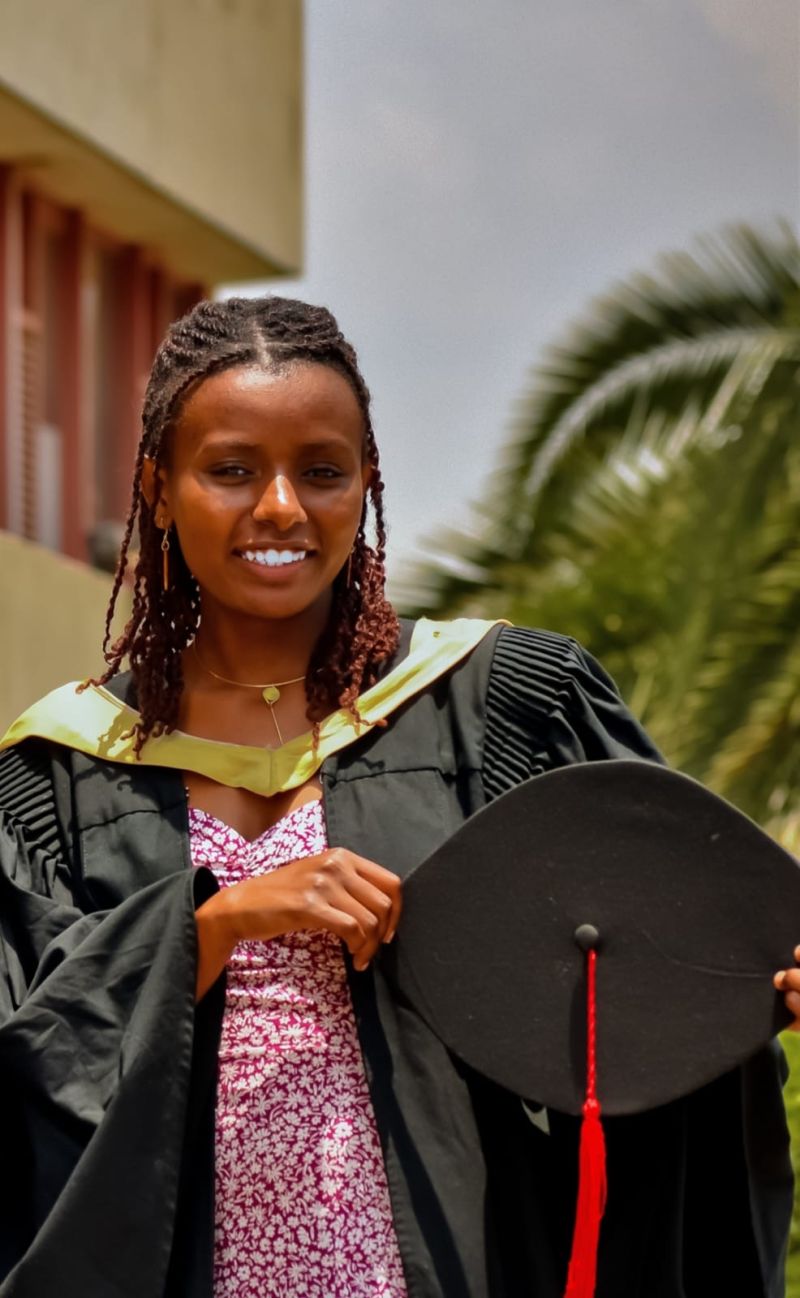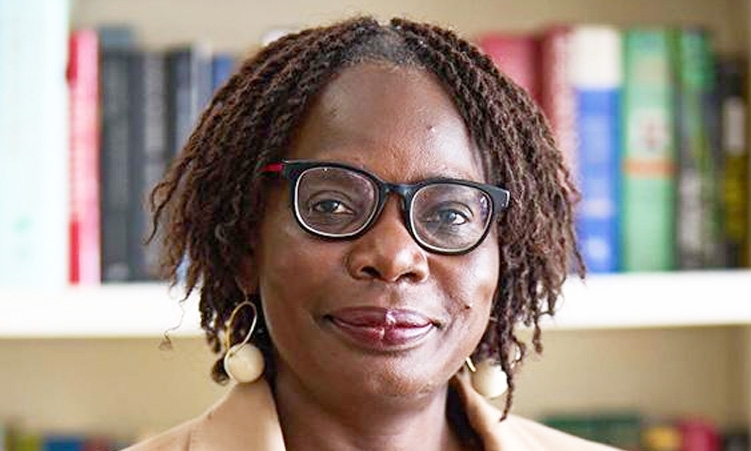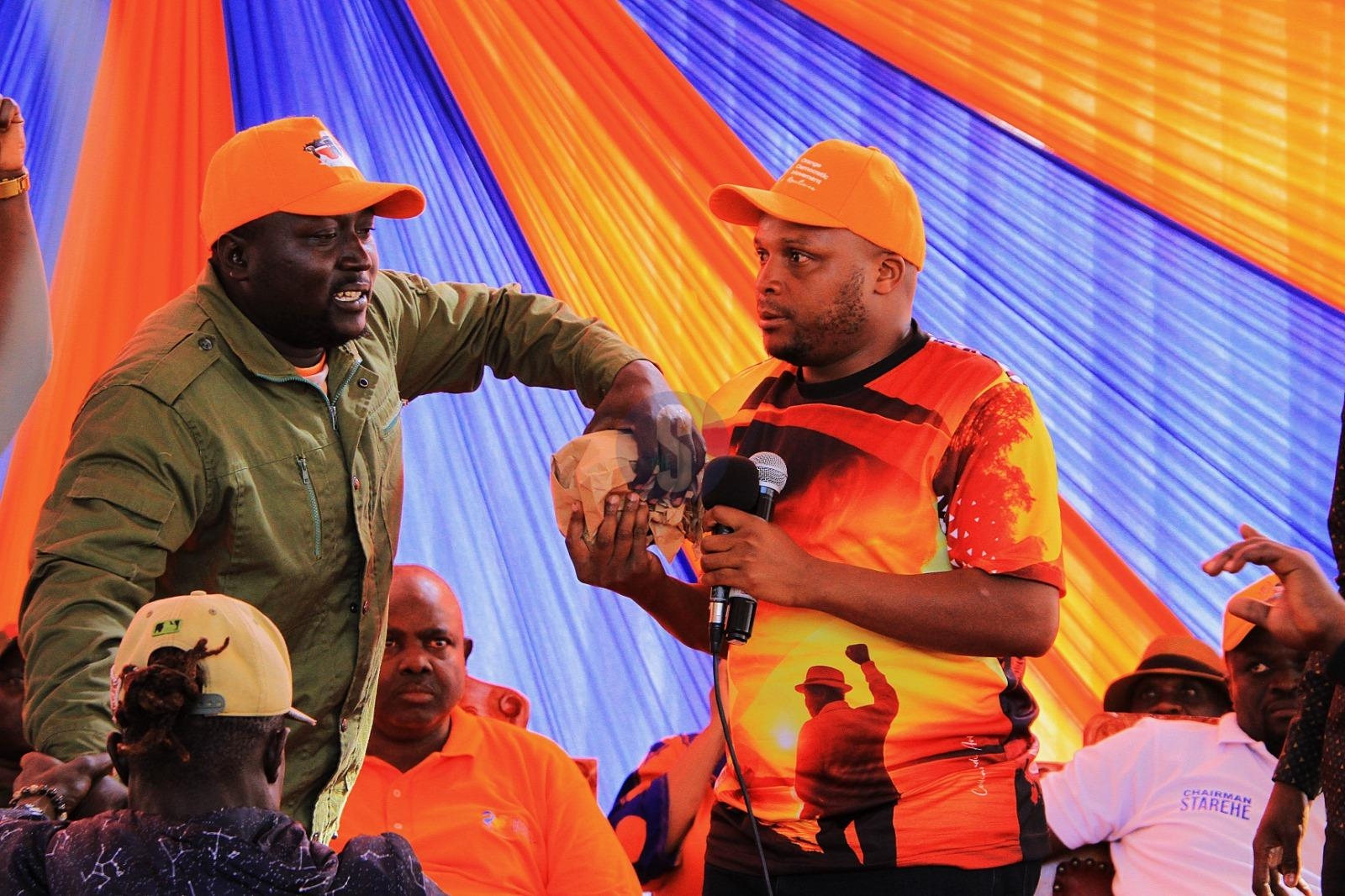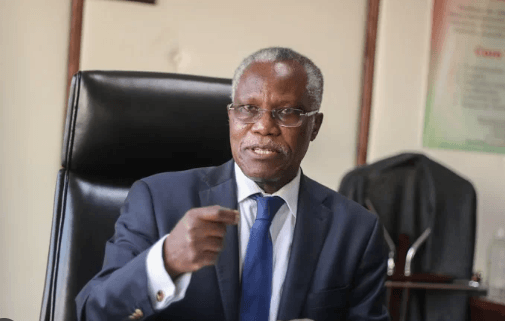 Annmaria Kerubo./COURTESY
Annmaria Kerubo./COURTESY
“You want to
be in tech like working in a cyber?” she remembers a relative asking her.
She eventually did a degree in computer science at the University of Nairobi before
landing a UN project that empowers young girls with coding
skills, baking them for a career in her dream tech sector.
The African
Girls Can Code Initiative is a flagship partnership between UN Women, the
International Telecommunication Union and the African Union
Commission—bringing together key departments on health, social development,
gender, youth, education, science and technology.
The initiative
equips girls and young women aged 14–25 with coding, ICT and digital
innovation skills, while also nurturing leadership and confidence.
By doing so,
it directly advances the Continental Education Strategy for Africa (Cesa 2016–25) and Agenda 2063, driving progress on gender equality, digital
transformation and youth empowerment across the continent.
Kerubo 23, is now a junior software engineer at Malaica and is working to develop innovative solutions in AI and digital health.
She told women at a tech workshop on Thursday that the initiative helped her understand
the global digital gender divide, equipped her with essential technical tools
and soft skills and gave her the confidence to take up space in male-dominated
rooms.
The initiative
is organised into bootcamps having 50 girls trained on coding, among other
emerging technology hard skills.
Kerubo said the
camp also connected her with a strong community of women in tech who continue
to inspire her.
She currently works on AI-driven projects, including a maternal assistant bot that provides
pregnant women with instant, personalised care. She recently represented AGCCI
at the Women in AI Conference in Nairobi, inspiring others through her journey.
In Kenya, the initiative has been running since 2022 and has reached 113 girls and
young women, giving them the tools to thrive as digital creators, innovators and leaders.
Elizabeth Obanda, a women economic empowerment team leader at UN Women Kenya, said through intensive coding camps, mentorship and training on gender equality,
the initiative is not only building digital skills but also inspiring a new
generation of young women to lead change in their communities.
“Many
graduates have gone on to secure jobs with leading institutions such as
Siemens, Safaricom, Cyber Ranges, the Kenya School of Government, Kisumu law courts, and Zone 01, while others have launched impactful community
initiatives like digital literacy programmes for underserved children in Meru,
and innovative awareness campaigns on cybersecurity and technology-facilitated
gender-based violence,” she said.
Alumni-led
movements such as Shield Maidens and the Space Shift Initiative are now
championing safer, more inclusive digital spaces for young women and girls, she
said.
This year, the bootcamps have scaled up efforts to equip
100 adolescent girls and young women across the country with advanced digital
competencies, leadership training and social innovation skills, the initiative
says.
Obanda said the selection process is very competitive as thousands express interest but due
to limited resources and slot, many are turned away.
For example,
she said, when it started, they received 1,000 applications and they only took
50 and this year, 4,000 people applied but they only chose 100.
"The overwhelming interest shows you that women are hungry for knowledge and want to acquire latest tech-skill upgrade for their professional impact and to create solutions for their communities," she said.
Tech experts at the workshop believe that equipping women with tech expertise will help in democratising the space, opening it up for gender diversity and improve the output like AI.














